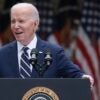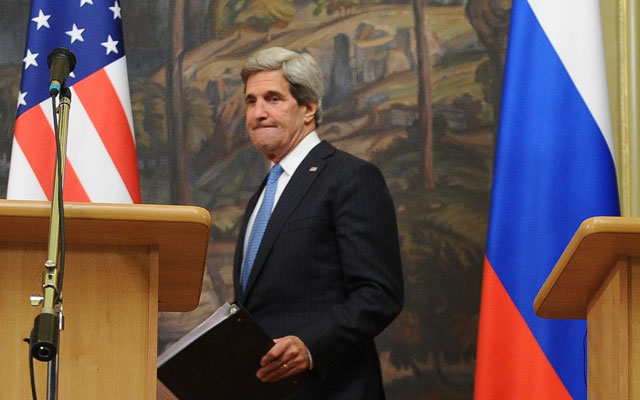Canadian Prime Minister Stephen Harper has joined U.S. Secretary of State John Kerry in calling for consideration of expelling Russia from the G8, the group of the eight most powerful industrialized democracies.
Russia was a late comer to the group, joining only in 1997, in a move that was supposed to symbolize its rehabilitation from totalitarian communism. That hasn’t worked out too well.
Annual G8 summits provide opportunities for photos and endless pontification on the foreign policy issue of the day: food security, ending poverty, climate change, whatever. Attendance has grown into something resembling a mini–United Nations, with leaders from countries such as China and Brazil joining regularly and invitations going to countries such as Guinea and Niger and organizations such as the European Union and the League of Arab States.
The events are long on talk and ceremony and woefully short on substance. Little of consequence has been achieved.
Suspending or expelling Vladimir Putin from this group has about as much chance of changing Russian behavior in Ukraine as a non-Russian figure skater had of grabbing top marks at the Olympics. Putin voluntarily skipped the 2012 G8 summit in a not-too-subtle dig at host Barack Obama. Obama was nonetheless planning on attending this year’s version hosted by Putin in Sochi, but preparations are on hold. It’s probably a relief to Putin, who doesn’t need the bother.
Suspending Russia from the G8 would be a hollow gesture from a group that has provided little more than symbolic theater in recent years. The G8 doesn’t matter much, and expelling Russia from it wouldn’t matter much. If Ukraine is to survive as an independent nation, the U.S. and the West had better come up with a more serious response to the crisis.































